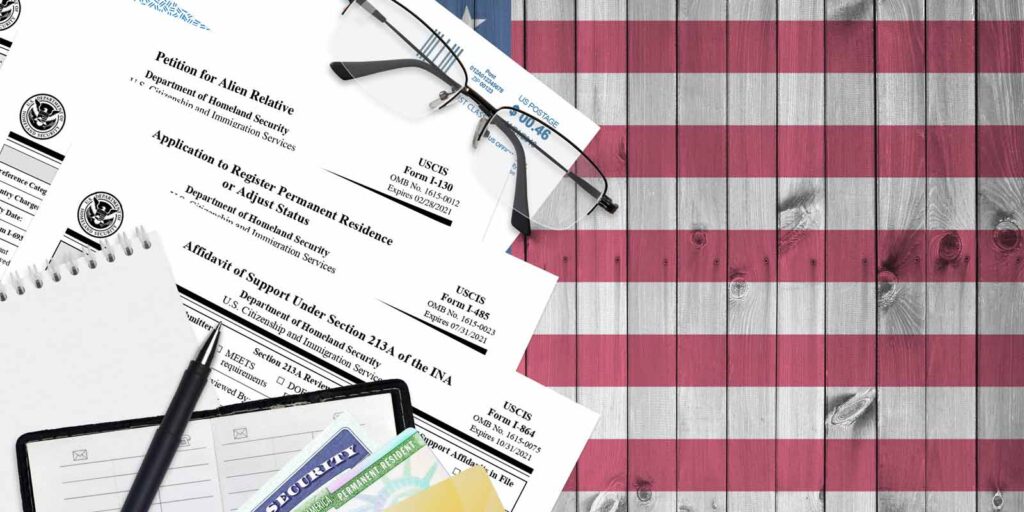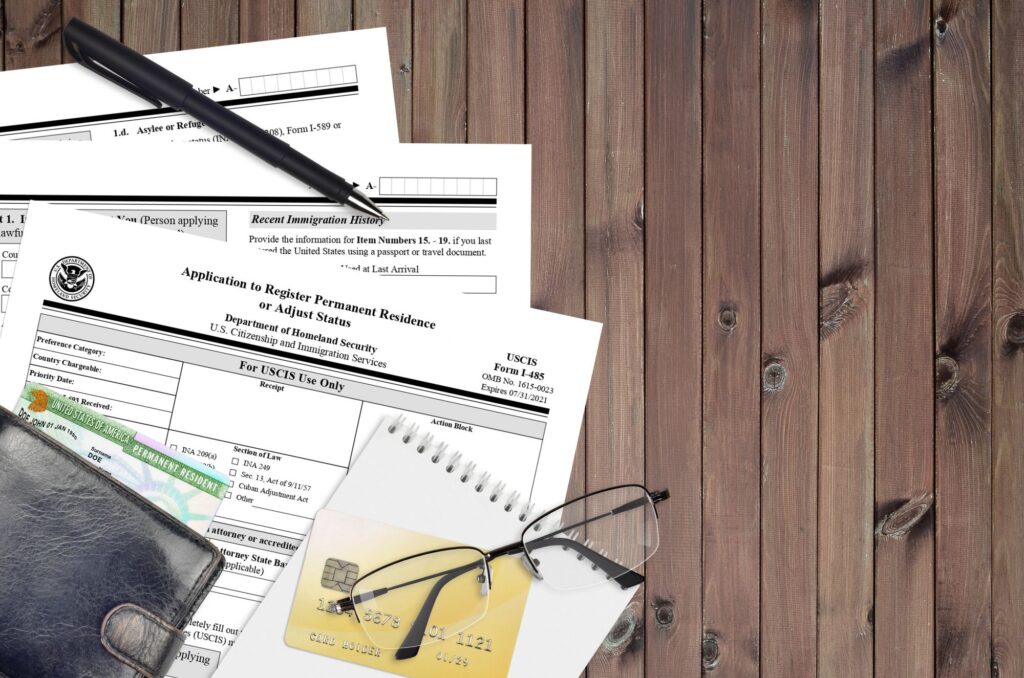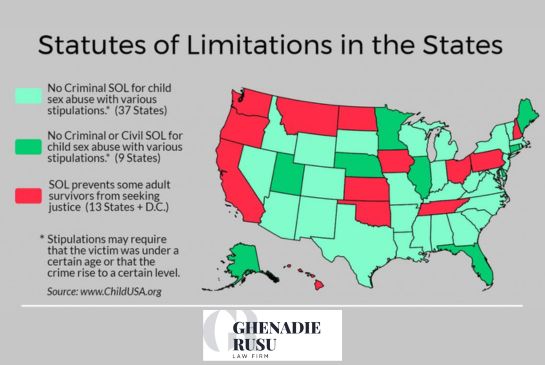Are you planning to move to the United States permanently? If so, you may be wondering where to apply for your immigrant visa or adjustment of status. The process can be complex, but fear not! In this article, we will guide you through the different options and provide you with valuable information to help you make an informed decision.
Introduction
Moving to a new country is an exciting adventure, but it often involves navigating a labyrinth of legal procedures. When it comes to the United States, two primary paths lead to obtaining permanent residency: applying for an immigrant visa through consular processing or applying for adjustment of status while already in the country. Each route has its own requirements and benefits, so let’s explore them further.
Understanding the Immigrant Visa and Adjustment of Status
Before we delve into the application process, let’s clarify what an immigrant visa and adjustment of status entail. An immigrant visa, also known as a green card, allows individuals to reside permanently in the United States. On the other hand, adjustment of status is a process that enables eligible non-immigrants to transition to permanent resident status while already present in the country.
Applying for an Immigrant Visa
3.1. The Consular Processing Method
If you are currently residing outside the United States, applying for an immigrant visa through consular processing is the typical route to follow. This process involves several steps, including:
- Filing a Petition: A U.S. citizen or lawful permanent resident must file a petition on your behalf.
- Visa Availability: The Department of State will determine if a visa is available in your category and priority date.
- National Visa Center (NVC): After visa availability is confirmed, the NVC will guide you through further documentation and fee requirements.
- Consular Interview: You will attend an interview at the U.S. embassy or consulate in your home country.
- Medical Examination and Biometrics: You will undergo a medical examination and provide biometric information.
- Visa Issuance: If approved, your immigrant visa will be issued, allowing you to travel to the United States.
3.2. Required Documents and Forms
When applying for an immigrant visa, certain documents and forms are crucial to the process. These may include:
- Valid passport
- Birth certificate
- Marriage or divorce certificates (if applicable)
- Police certificates
- Affidavit of Support (Form I-864)
- Immigrant Visa Application (Form DS-260)
- Medical examination records
Applying for Adjustment of Status
4.1. Eligibility for Adjustment of Status
If you are already present in the United States, you may be eligible to apply for adjustment of status. To qualify, you must meet certain criteria, such as:
- Having an immediate relative or employer sponsor you
- Being the beneficiary of an approved immigrant petition
- Having a current priority date
- Maintaining lawful non-immigrant status
4.2. Required Forms and Documentation
When applying for adjustment of status, you will need to complete specific forms and provide supporting documentation. These may include:
- Application to Register Permanent Residence or Adjust Status (Form I-485)
- Affidavit of Support (Form I-864)
- Medical examination records
- Employment authorization documents (if applicable)
- Biometric information
Benefits of Applying for an Immigrant Visa or Adjustment of Status
Both the immigrant visa and adjustment of status processes offer unique advantages. Applying for an immigrant visa through consular processing allows you to complete the entire process before entering the United States. On the other hand, applying for adjustment of status allows you to remain in the country while your application is pending, providing certain benefits such as work authorization and travel permission.
The Role of USCIS in the Application Process
The United States Citizenship and Immigration Services (USCIS) plays a vital role in the application process, regardless of whether you apply for an immigrant visa or adjustment of status.
6.1. Application Review and Processing
Once you submit your application, USCIS will review it for completeness and accuracy. They may request additional information or evidence to support your case. It’s crucial to respond promptly and provide all requested documentation to avoid delays in processing.
6.2. Interview Process
In many cases, USCIS will schedule an interview to assess the authenticity of your application and gather additional information. It’s essential to prepare thoroughly for the interview and bring all necessary documentation.
Common Questions and Concerns
7.1. Can I Apply for Both an Immigrant Visa and Adjustment of Status?
No, you cannot apply for both simultaneously. If you are eligible for adjustment of status, it is generally recommended to pursue that option if you are already in the United States.
7.2. How Long Does the Application Process Take?
The processing time varies depending on several factors, such as the type of application, USCIS workload, and current backlogs. It’s important to stay updated with USCIS processing times and be prepared for potential delays.
7.3. Can I Work or Travel While My Application Is Pending?
If you have applied for adjustment of status and received an Employment Authorization Document (EAD), you may be eligible to work in the United States while your application is pending. As for travel, you will typically need to apply for a separate travel document called Advance Parole.
7.4. What Happens After My Application Is Approved?
If your application is approved, you will receive your immigrant visa or a green card, depending on the method you chose. You can then enjoy the privileges and benefits of being a lawful permanent resident in the United States.
7.5. Can I Appeal If My Application Is Denied?
If your application is denied, you may have the option to file an appeal or a motion to reopen or reconsider, depending on the circumstances. It’s crucial to consult an immigration attorney to explore the best course of action.
Conclusion
Deciding where to apply for your immigrant visa or adjustment of status is a crucial step in your journey toward becoming a permanent resident of the United States. By understanding the different processes, requirements, and benefits, you can make an informed decision that suits your unique situation. Remember, the immigration process can be complex, so it’s always wise to seek guidance from an experienced immigration professional to ensure a smooth and successful application.
If you believe you may qualify for the adjustment of status (Green Card), we encourage you to contact the Law Office of Ghenadie Rusu for professional guidance and support.
FAQs
1. Can I apply for both an immigrant visa and adjustment of status?
No, you cannot apply for both simultaneously. If you are eligible for adjustment of status, it is generally recommended to pursue that option if you are already in the United States.
2. How long does the application process take?
The processing time varies depending on several factors, such as the type of application, USCIS workload, and current backlogs. It’s important to stay updated with USCIS processing times and be prepared for potential delays.
3. Can I work or travel while my application is pending?
If you have applied for adjustment of status and received an Employment Authorization Document (EAD), you may be eligible to work in the United States while your application is pending. As for travel, you will typically need to apply for a separate travel document called Advance Parole.
4. What happens after my application is approved?
If your application is approved, you will receive your immigrant visa or a green card, depending on the method you chose. You can then enjoy the privileges and benefits of being a lawful permanent resident in the United States.
5. Can I appeal if my application is denied?
If your application is denied, you may have the option to file an appeal or a motion to reopen or reconsider, depending on the circumstances. It’s crucial to consult an immigration attorney to explore the best course of action.













